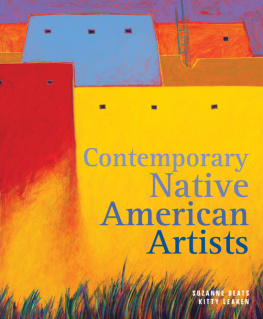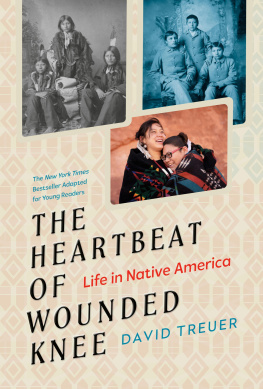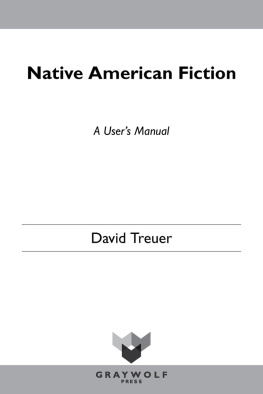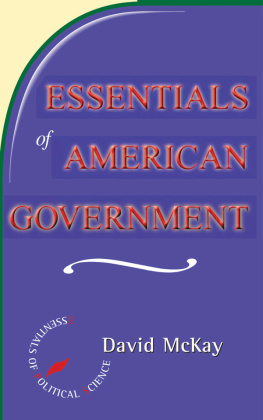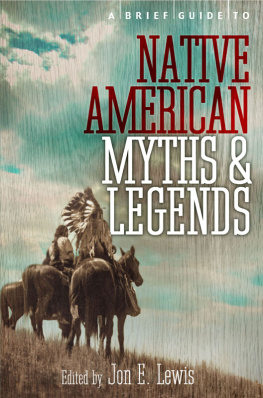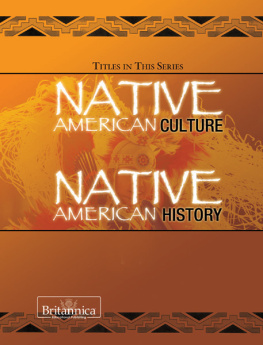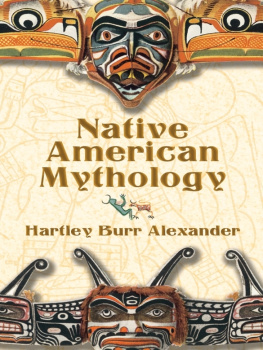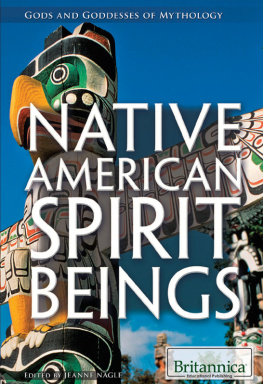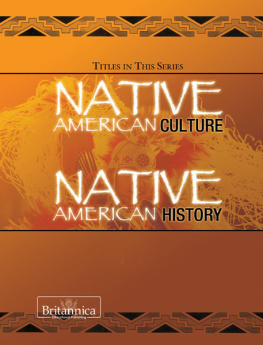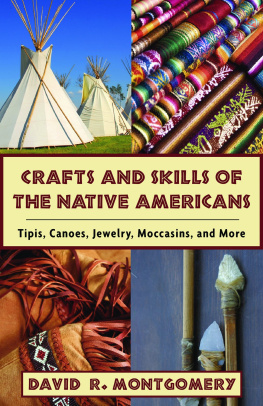1983 The University of North Carolina Press
Foreword 2009 The University of North Carolina Press
All rights reserved
The paper in this book meets the guidelines for permanence and durability of the Committee on Production Guidelines for Book Longevity of the Council on Library Resources.
The University of North Carolina Press has been a member of the Green Press Initiative since 2003.
The Library of Congress has cataloged the original edition of this book as follows:
Whisnant, David E., 1938
All that is native and fine.
(The Fred W. Morrison series in Southern studies)
Bibliography: p.
Includes index.
1. Appalachian Region, SouthernPopular culture.
2. Social classesAppalachian Region, Southern. 3. Appalachian Region, SouthernSocial life and customs. I. Title. II. Series
F217.A65W47 1983
306.0974 82-24851
ISBN 978-0-8078-5964-3
Both the initial research and the publication of this work were made possible in part through grants from the National Endowment for the Humanities, a federal agency whose mission is to award grants to support education, scholarship, media programming, libraries, and museums, in order to bring the results of cultural activities to the general public.
13 12 11 10 09 5 4 3 2 1
THIS BOOK WAS DIGITALLY PRINTED.
The Fred W. Morrison
Series in Southern Studies
Foreword
The Long Vector: A Books Life., and Mine
Two fairly obvious questions come to me when I contemplate the twenty-fifth anniversary of this book: How did I happen to write it, and what has happened to it (and to me) in the intervening years?
It is no simple matter to say how I happened to write it. I could just say that it came out of the book I wrote right before it (which to an extent it did), but that would be too easy. As nearly as I can figure from this remove, two life circumstances, one borrowed metaphor, and a few chance encounters led in that direction.
The first circumstance was my profound attachment to the mountains of western North Carolina where I grew up. The second was what I will call a persistent background deficit in my education. The metaphor I stumbled across while trying to figure out how to work around the deficit. And the chance encounters were with some smart people whose ideas influenced my thinking profoundly and permanently.
The Mountains
I have always felt fortunate to have grown up in the mountains, which I had never been out of but once or twice (briefly) before I was eighteen. They surrounded my brothers and me, and they were very beautiful. Our father was an outdoorsman, and from our earliest years we hunted with him and our grandfather. As Boy Scouts we hiked and camped, and as teenagers we water-skied the lakes. The sight of Mount Pisgah to the west, or of the mountains around the lakes, was as peaceful and reassuring an image as I could imagine, and it remains indelible in my memory.
From early in life, in ways I had no real understanding of, I wanted to know about those mountains. I must have been about ten when my dad took me across the street to visit the local preacher, who was a rock hound. The Reverend Mauney turned on his black light and showed me the first phosphorescent minerals I had ever seen. They were dazzling and magical, and he gave me some samples to take home. I had no black light, but somewhere I found an old wooden medicine cabinet, put some shelves in it, glued my samples onto some scraps of plastic, numbered them, and wrote the numbers and names in a Blue Horse composition book. If it had been an earlier time and I had known anything, I would have called it my Cabinet of Curiosities.
My mother was a very smart woman and she wanted the best for her boys, but she had to vacuum behind the door where I kept my little collection, so she called it those old rocks and urged me repeatedly to get rid of it. I remember feeling slightly ashamed.
But the door of that cabinet led somewhere I had no name for, and I couldnt bring myself to throw my collection away. So my old rocks both provided an early intellectual spark and marked an early stage of the deficitof feeling that there were so many things to know, and I didnt know them, maybe couldnt, and maybe oughtnt to try.
The Deficit
In the county public schools we attended, my brothers and I were always among the brightest kids, so I was not aware of any deficit there. We didnt have much money, but our parents worked hard for us, kept us clean and well fed, made us polish our shoes on Saturday night, and took us to church on Sundays. On the scale of respectability, we ranked somewhere above the kids from the farms, somewhere below those from Beaver Lake, and well below those from Biltmore Forest.
Neither of our very bright Depression-era parents had been able to go to college, and we didnt know many people except our schoolteachers who had. They always insisted, nevertheless, that their sons would go, and we knew that somehow, money or not, we were going.
What our options might be, we really had little idea in those pre-SAT days. My older brother found out that he could go to Georgia Tech on the co-operative plan (going to school one term and working the next), so he did. I was three years behind him, and (not knowing what else to do or how to pay for it if I had) did the same thing.
At Georgia Tech so many of us were first-generation college students that if there was any deficit (social, intellectual, or otherwise), it was shared all around. At the end of each term, maybe with a few dollars still in my pocket, I hung my Asheville sign on my Samsonite two-suiter, walked to the expressway, stuck out my thumb, and hoped for a fast ride back to the mountains. After a late course correction out of mechanical engineering and into physics, I decided I wanted to teach somehow in the humanities (a word Im sure I didnt actually know), applied for some fellowships, got two substantial ones, and set off for Duke.
I had no idea what I was in for. There I was, in a Ph.D. program in English, with a B.S. in physics from Georgia Tech (great preparation for some endeavors, but not for that one). There was no denying that I lacked the background. My Big Ten or Ivy Leagueprepared fellow students knew vast amounts that I did not know (or at least behaved as if they did) and groused about having to re-read Moby-Dick. I had just heard about it (and Melville to boot) for the first time the week before.
How could I be credible as a student in such a situation? I could not hope to replicate in a few months the education other students had spent years getting. They could skip


